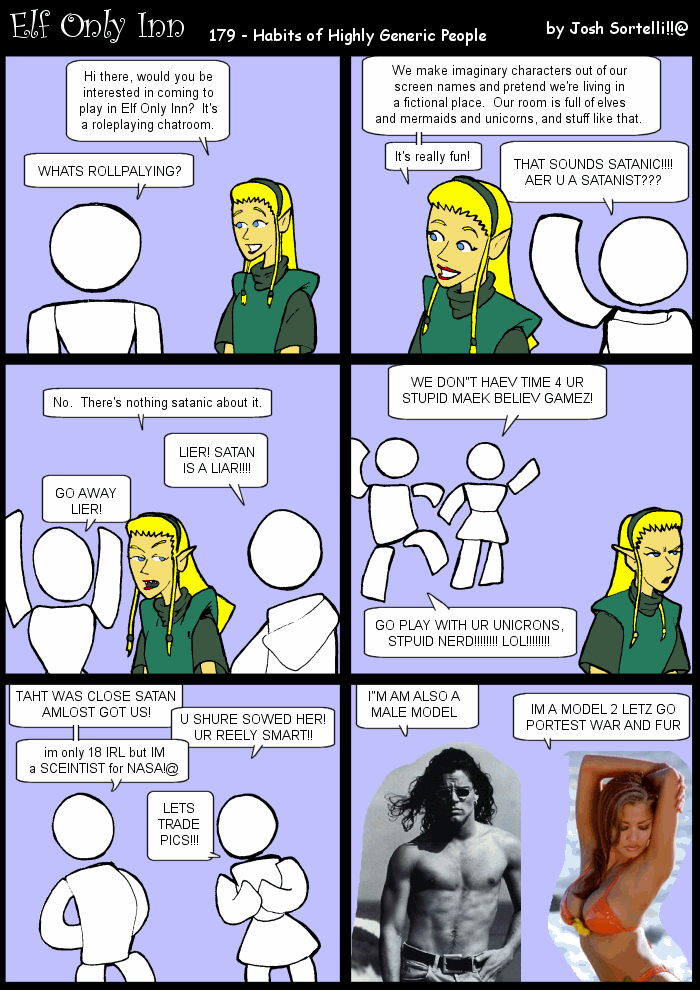The typical pattern of invading a Grathik station was that the naval siege was protracted and dangerous, but the Grathik had no particular taste for or capability in ground combat of any sort. So while they were a very tough nut to crack, they didn't have much in the way of resistance once inside, except for sophisticated, but limited, automated systems. Still, they moved through with due caution, wary of the Grathik VI systems. They moved in to check out what seemed to be a duel between drone systems of some sort. The Plashi drone controllers had to receive the information, translate it from what the drones said and then direct it to their mercenaries.
Sahati wasn't prepared for the sudden escalation of directed firepower. Garil, the hunt pack leader, stood up to engage what seemed to be an automated system and caught some sort of projectile, single shot and it seemed to come out of nowhere. He immediately ordered the rest of the pack to find cover, estimating that the Grathik VI systems would deploy some sort of fire support now that they tripped whatever new perimeter system the mad scientists dreamed up.
Fifteen seconds after the leader went down, there was return fire in the form of some sort of indirect fire, high explosive weaponry. The Plashi controller, a strategist that established objectives on a limited level to their hired mercenary units, was indicating other anomalies in the area, but seemed to still think that it was a new variation of automated systems, some sort of leap forward in computing. The Grathik were unpredictable in their capabilities, and rapidly evolving their new weapons, but still never quite managed to establish best practices. The lag between the clicks and buzzes of the Plashi language the drones operated in and the Plashi report was maddening, but they made the best of that command situation. Pack leaders, and Sahati was a battlefield promotion now, had to make decisions in the interim periods on best judgment.
This felt like something different, Sahati grumbled to himself as the rounds hit. It was cruder than the typical Grathik technology, and his gut said that this was not the expected unexpected that they were reasonably prepared for.
Once the fire finished, seconds after the last rounds, he gave orders to his pack that were simple; stay hidden, keep your eyes out. Then he gestured to his sniffer -- Rysch.
Sniffers were a part of Salvesh culture, a traditional practice that were supplemented by the advent of drones used for recon in force and other duties, but Rysch was Sahati's litter mate and the odd story always popped up where the Plashi or other employers were in error, but the instincts of a sniffer, the subconscious training of the predator's hunting senses of sight and smell, and something never quite quantified, though the Grathik claimed "pheremonal detection," on their threat assessments, were accurate.
"There's something out there," he confided in Rysch, "and the Shells think it's more tin can soldiers," he sniffed derisively, "but I want to know what you think."
Three of Rysch's four eyes widened, for the last was ritually put out as part of the Sniffer's ritual of becoming. He'd watched the shot that took Garil, but did not string together the whole picture the way Sahati did, because they had drastically different roles.
"I'll be careful," he told his litter mate. He came into a crouch and started to move forward, cover to cover, trying to simply get one of his senses in range.
There was, to Rysch's nose, the overpowering smell of the nanites sprayed all over the place, as well as the smell of ozone and...some sort of chemical propellant. That was odd. The Grathik were highly advanced, and chemical propellant was not the most effective means of sending death down-range. He was careful to pick his way through the sculpted, though now blasted, alien underbrush of the station, even as his personal assistant set his nanite defenses to maximum stealth, potentially burning them off faster and requiring replenishment, in order to allow him to move now with more freedom than expected. After all, nanites, deprived of material and time to create themselves, needed to be replenished through traditional resupply. Burning through them meant less ammunition, medical care, countermeasures and any number of functions that a soldier on this battlefield required.
And like any good soldier, he used his sparingly and carried extras. It was as essential as batteries, ammunition and food, all three of which nanites could replenish/recharge if kept in stock.
From his vantage, he saw the drones being dispatched by the new enemy. Going by the comms chatter he could hear from other Salvesh units and the sound of much heavier weaponry from a distance, they were encountering problems of their own; they said 'large drones' were bypassing the ambush, suppressing them with a volume of fire and grenades, some of it from other drones in support, but then taking a turn and staying in motion.
And the Salvesh drones were being picked off by a separate source of fire. This he tried to locate, but it was difficult because the volume of fire they encountered initially slacked off. It was hard to detect the muffled sound of a shot from that distance, but it was a high, flat, crack that resulted in a scrapped drone. Single shots, and once he trained his eyes on the flash, he knew what he was looking at. The closer he got, the more he could smell; a wild and unknown presence. He could taste their discipline, their methodical approach and their utterly alien, even compared to the Grathik and Plashi, manner. It was a visceral impression of killers, pack-hunters, but something else -- this was no designed race. They fought according to a different experience and set of methods.
"Sahati, I am sending coordinates," Rysch radioed, "and I want you to engage the location with fire very carefully. I think I have located a new enemy. I want to see their reaction."
@Gunther
